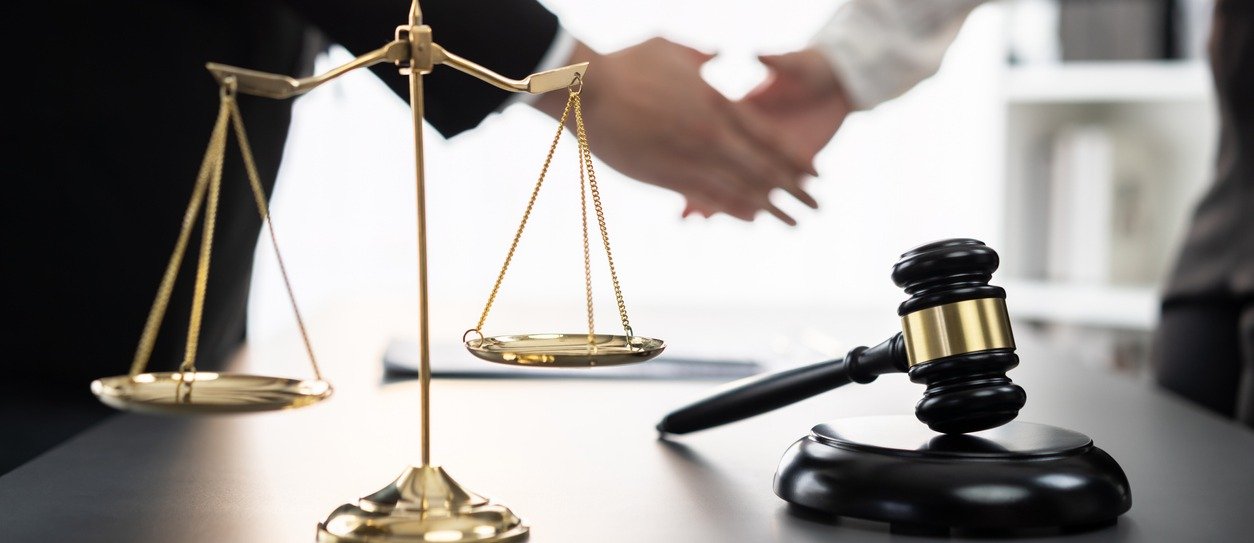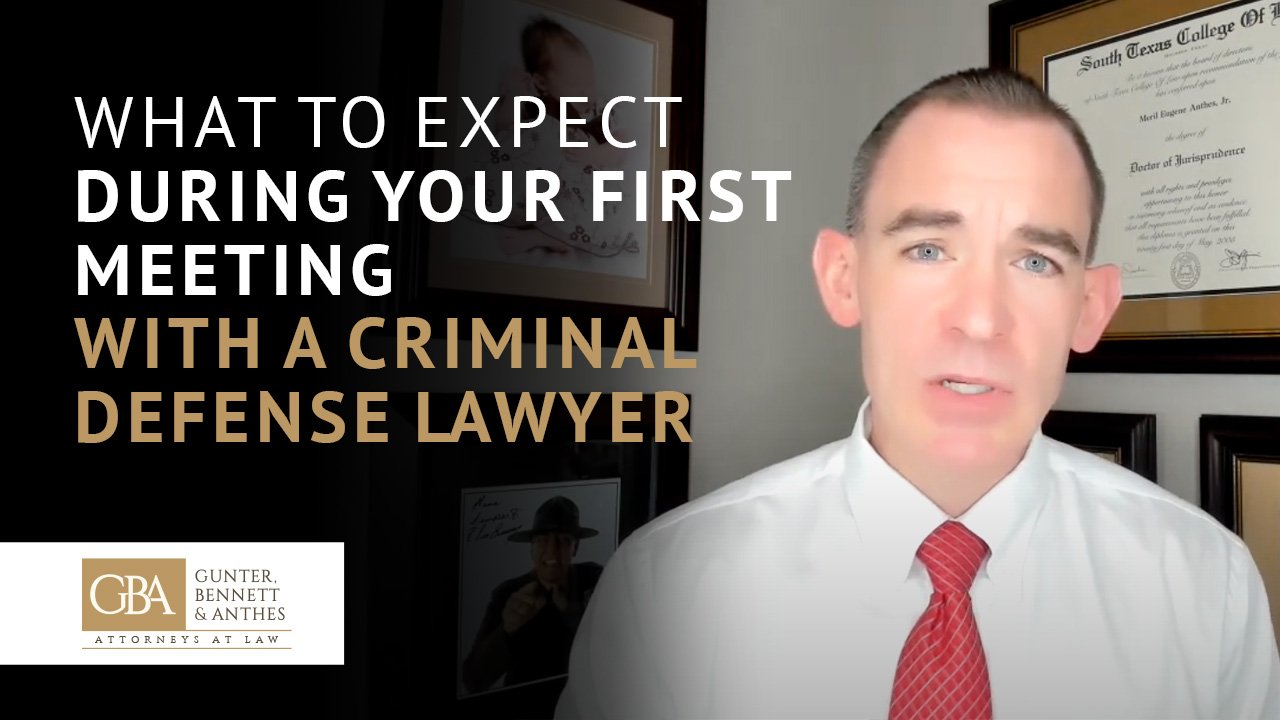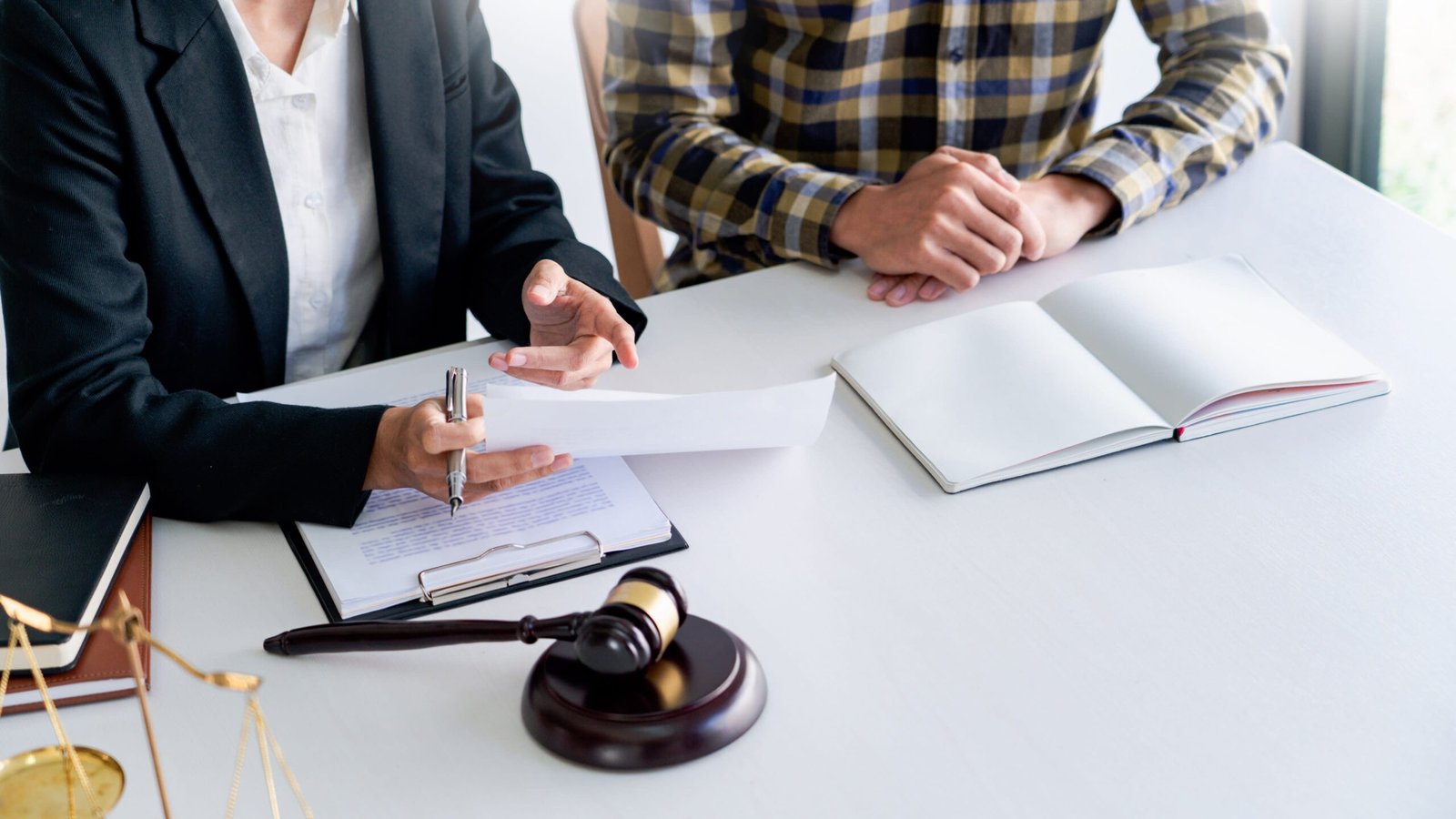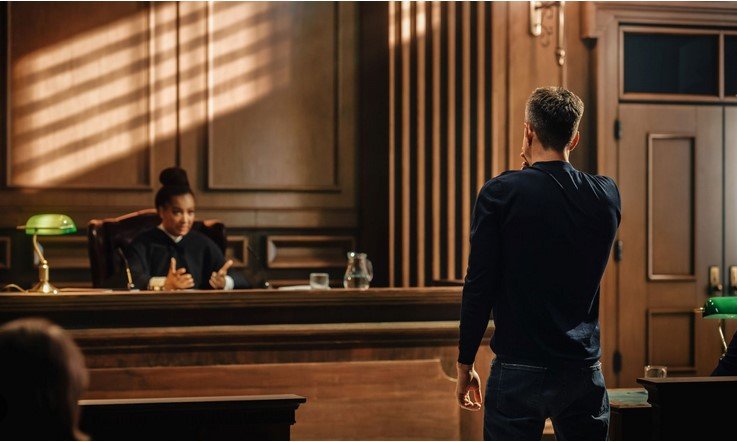A criminal defense attorney plays a pivotal role in the justice system, advocating for individuals accused of crimes. Understanding their responsibilities and what to expect can provide clarity during a legal process that often feels overwhelming. This article explores the key functions of a criminal defense attorney and offers insight into how they support their clients through legal proceedings.

Responsibilities of a Criminal Defense Attorney
Providing Legal Advice
One of the primary responsibilities of a criminal defense attorney is to provide legal advice. From the moment you engage their services, they will guide you through the complexities of criminal law. This includes explaining the charges against you, outlining potential penalties, and advising on the best course of action. Their goal is to ensure you fully understand your rights and options.
Representing Clients in Court
A defense attorney represents their clients in all legal proceedings. This involves appearing in court for hearings, trials, and motions. They advocate on behalf of the accused, presenting evidence, questioning witnesses, and making legal arguments. Effective courtroom representation is crucial for challenging the prosecution’s case and working towards a favorable outcome.
Developing a Defense Strategy
Developing a strong defense strategy is central to a criminal defense attorney’s role. This strategy is tailored to the specifics of the case and may involve:
- Investigating the Case: Gathering evidence, interviewing witnesses, and reviewing police reports to build a comprehensive understanding of the case.
- Identifying Legal Defenses: Exploring potential defenses, such as self-defense, lack of intent, or mistaken identity.
- Preparing for Trial: Organizing evidence, preparing witnesses, and developing arguments to present in court.
Negotiating Plea Deals
Plea bargaining is often a key aspect of criminal defense. A defense attorney negotiates with the prosecution to reach a plea deal, which may involve pleading guilty to a lesser charge or receiving a reduced sentence. The attorney evaluates plea offers, considering factors like the strength of the prosecution’s case and the potential benefits to the client.
How a Defense Attorney Supports Their Clients
Ensuring Fair Treatment
A criminal defense attorney ensures that their client is treated fairly throughout the legal process. They advocate for the client’s rights, challenge any violations of legal procedures, and ensure that the client is not subjected to unjust treatment. Their role is to level the playing field and provide a robust defense against the charges.
Offering Emotional Support
Facing criminal charges can be a stressful and emotionally taxing experience. A defense attorney provides not only legal support but also emotional reassurance. They help clients navigate the uncertainty of the legal process, offer guidance, and work to alleviate some of the stress associated with criminal proceedings.
Explaining Legal Processes
Understanding legal jargon and procedures can be daunting. A defense attorney explains the legal processes involved in your case, including court procedures, possible outcomes, and the implications of various decisions. Clear communication helps clients make informed choices and understand what to expect at each stage of the process.
What to Expect During Legal Proceedings
Initial Consultation
The legal process begins with an initial consultation with your defense attorney. During this meeting, you will discuss the charges against you, the evidence, and potential defense strategies. This is an opportunity for you to ask questions, express concerns, and establish a working relationship with your attorney.
Pre-Trial Activities
Before the trial, your attorney will engage in various pre-trial activities, including:
- Filing Motions: Submitting legal motions to address issues such as evidence admissibility or the dismissal of charges.
- Discovery: Reviewing evidence provided by the prosecution and conducting their own investigation.
- Negotiating Plea Deals: Exploring options for plea agreements and negotiating with the prosecution if applicable.
Trial Proceedings
If your case goes to trial, your attorney will be responsible for presenting your defense. This includes:
- Opening Statements: Outlining the defense’s case and presenting an overview of what will be proven.
- Presentation of Evidence: Introducing evidence, calling witnesses, and presenting arguments to support the defense.
- Closing Arguments: Summarizing the case and emphasizing key points to the jury or judge.
Post-Trial Considerations
After the trial, your attorney will assist with any post-trial matters, such as appealing the verdict if necessary, addressing sentencing issues, and ensuring compliance with any court orders. They provide continued support and advice to navigate the legal system beyond the trial.
Conclusion
The role of a criminal defense attorney is multifaceted, involving legal representation, strategic planning, and client support. By understanding their responsibilities and what to expect during the legal process, you can better navigate the complexities of facing criminal charges. A skilled defense attorney plays a crucial role in advocating for your rights and working towards the best possible outcome in your case.










